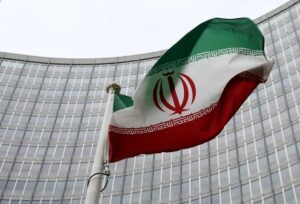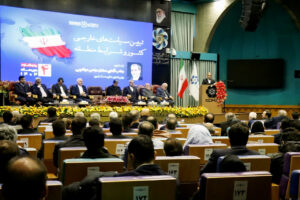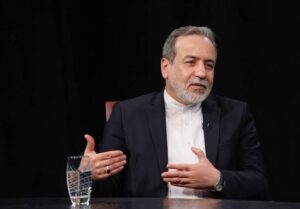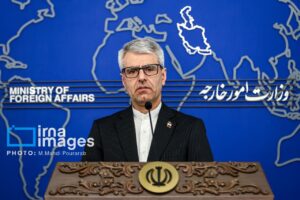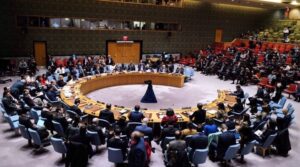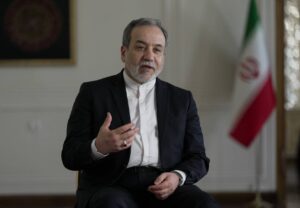Araghchi stated that Iran has “never put down the flag of negotiation and diplomacy,” adding that the US would need to demonstrate readiness to negotiate on equal footing. “Our point is that negotiation is different from dictation; we are not ready to listen to orders,” he said. He noted that during the snapback dispute, proposals were offered to prevent its activation, but Washington remained “excessively demanding.”
The foreign minister stressed that it was the United States that betrayed the JCPOA and the path of diplomacy, warning that the enemy seeks to create division and undermine internal cohesion. He urged that domestic issues should not be turned into major polarizations and must be addressed with calm and national unity.
Araghchi highlighted that during the 12-day war, “the field and diplomacy showed the best example of unity,” with the military defending the nation and diplomacy working to safeguard Iran’s legitimacy. He said decision-making on critical matters lies with the Supreme National Security Council, with the Foreign Ministry implementing those decisions while retaining its own responsibilities.
Regarding foreign partnerships, Araghchi underlined Iran’s “close and strategic cooperation” with Russia and China, warning that adversaries aim to undermine these ties. Certain internal behaviors, he cautioned, could create duality, exactly what enemies desire.
He added that Iran has reached a “new consensus” regionally and internationally, noting that strengthening relations with neighbors remains a priority. Despite some disputes, regional cooperation is expanding. Araghchi said that after the Zionist regime’s attack on Qatar, many states recognized Israel as the main regional threat, leading to increased willingness to cooperate with Iran as a trusted partner.
Addressing questions about Iran’s possible withdrawal from the NPT, Araghchi said raising such ideas disregards the Leader’s fatwa. Remaining in the treaty has various dimensions that can either threaten or reinforce national security, he noted, adding that this issue has been discussed at high levels. Iran’s current decision, he stressed, is to remain a committed NPT member, and the Leader’s fatwa will “never be overlooked.” He emphasized that this is not an emotional matter but one requiring careful expert evaluation.

